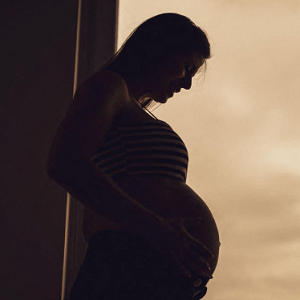New research suggests that living in high-crime areas may increase the aggressiveness of lung cancer in Black men, potentially explaining part of the racial disparity seen in lung cancer outcomes. The study, presented at ENDO 2024, found that exposure to neighborhood violence appears to alter how stress hormones interact with lung tumors.
Researchers from the University of Ilinois examined lung tissue samples from 15 patients in Chicago, along with data on violent crime rates in their neighborhoods. They discovered that patients from high-violence areas had tumors with increased expression of genes linked to stress hormone signaling and tumor aggressiveness.
“This research uncovers a previously unknown link between exposure to neighborhood violence, glucocorticoid receptors and lung tumor aggressiveness,” said Hannah Heath, lead researcher on the study. The findings suggest chronic stress from living in violent neighborhoods may change how tumors respond to cortisol, potentially making the cancer more aggressive.
The study also found that Black men were more likely to live in high-crime areas and have higher cortisol levels in their hair, indicating chronic stress. The researchers hope these insights could lead to changes in lung cancer screening guidelines.
“Currently, these parameters heavily focus on smoking habits. However, because Black men smoke less, they are often not eligible for screening, resulting in Black men being screened less and diagnosed later than white men,” Heath explained. Including neighborhood environment as a screening factor could help address this disparity in early detection and treatment.
See “Stress from living in violent neighborhoods tied to aggressive lung cancer in Black men” (June 3, 2024)



